Surveillance and data retention
Surveillance is when an individual or organisation is watching, tracking, filtering, analysing or blocking what you can see and do online or offline. It can be targeted on a specific individual (such as someone suspected of a crime) or it can be done indiscriminately (such as on all users from a particular country), also known as mass surveillance. Surveillance - and the retention of surveillance data - can impose restrictions on our fundamental rights in the digital environment by interfering with our freedom online, or by using digital technology to follow our offline movements, in order to gain an intimate picture of our lives, our beliefs and our interactions.
Filter resources
-

For a truly “Trustworthy AI,” EU must protect rights and deliver benefits
EDRi member Access Now published a report exploring the actions EU governments are taking to promote what the EU calls Trustworthy AI, what this approach means for human rights, and how European AI strategy is changing, both for EU institutions and national governments.
Read more
-
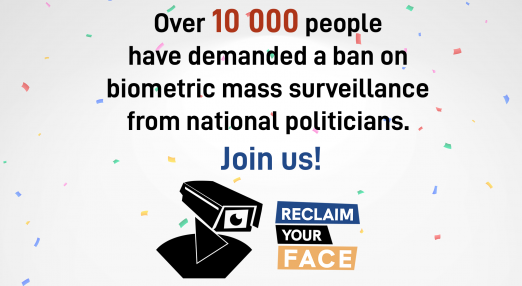
10,000 people demand a ban on biometric mass surveillance
Reclaim Your Face is a European movement to bring people’s voices into the discussion around the use of biometric data to monitor the population. Since its launch only two weeks ago, over 10,000 people have signed their support by adding their name to the call for transparency, red lines, and respect for humans in European uses of biometrics.
Read more
-
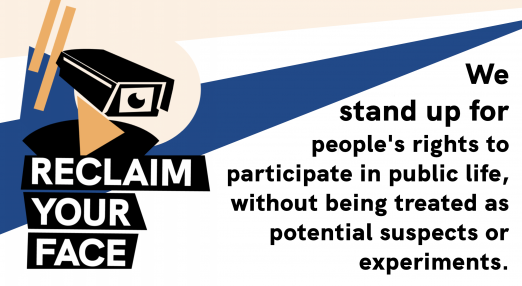
Campaign “Reclaim Your Face” calls for a Ban on Biometric Mass Surveillance
Civil society across Europe launches the “Reclaim Your Face” campaign, demanding that local and national authorities listen to their communities about the serious risks of using facial recognition and other biometric technologies in public spaces. The newly formed coalition calls to ban biometric mass surveillance, in reaction to the rapid and secretive roll out of invasive and unlawful technologies by police forces and local authorities in many European countries.
Read more
-
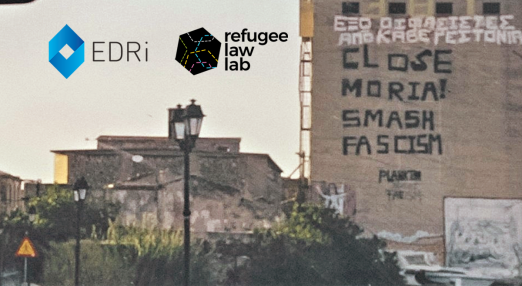
Booklet: Technological testing grounds, border tech is experimenting with people’s lives
The European Union is increasingly experimenting with high risk migration management technologies.
Read more
-
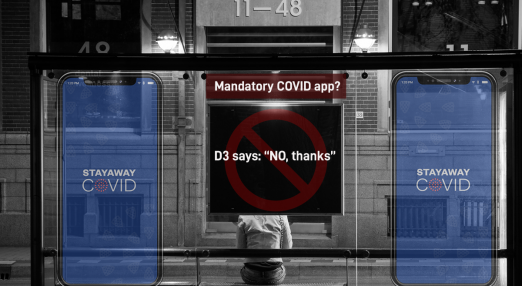
D3 opposes Portuguese efforts to make COVID app mandatory
In this post, EDRi's member Defesa dos Direitos Digitais (D3) discusses the proposed law on making the tracing app “Stayaway Covid” obligatory in Portugal and analyses the consequences of such legislation.
Read more
-

UK data regulator takes enforcement action to rein in data brokers’ use of people’s personal data
In a landmark decision that shines a light on widespread data protection failings by the entire data broker industry, the ICO has today taken enforcement action against Experian, based in part on a complaint Privacy International made in 2018.
Read more
-
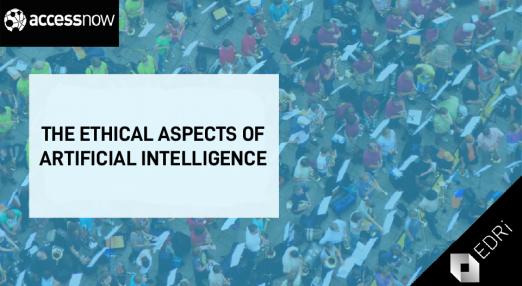
Attention EU regulators: we need more than AI “ethics” to keep us safe
In this post, Access Now and European Digital Rights (EDRi) analyse recent developments in the EU AI debate and explain why we need a bold, bright-line approach that prioritises our fundamental rights.
Read more
-

People, not experiments: why cities must end biometric surveillance
We debated the use of facial recognition in cities with the policy makers and law enforcement officials who actually use it. The discussion got to the heart of EDRi’s warnings that biometric surveillance puts limits on everyone’s rights and freedoms, amplifies discrimination, and treats all of us as experimental test subjects. This techno-driven democratic vacuum must be stopped.
Read more
-
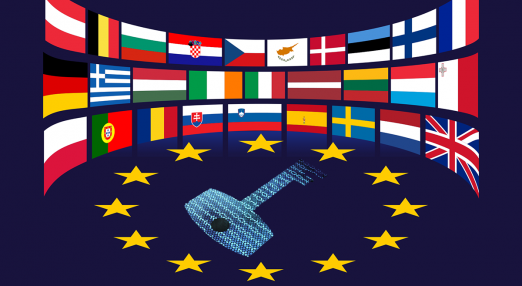
Germany asks what should the EU do about encryption for law enforcement?
On 22 September, Statewatch released a document issued by the German Presidency of the Council to help establish a common EU position on finding ways around encrypted communications for the needs of law enforcement.
Read more
-

Q&A: EU’s top court rules that UK, French and Belgian mass surveillance regimes must respect privacy
The Court of Justice of the European Union issued judgments in three cases in the UK, France and Belgium. Privacy International answers some of the main questions.
Read more
-

Press release: The data retention regimes of France, United Kingdom and Belgium are illegal says CJEU
Note: This quick reaction is based on the Court’s press release. A more thorough analysis of the judgement will be published later this week.
Read more
-
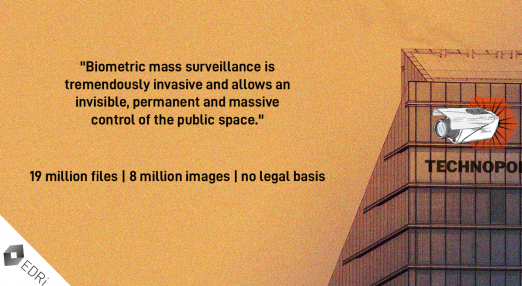
LQDN fights to protect French citizens from biometric mass surveillance
In August, La Quadrature du Net (LQDN) filed a complaint before the Conseil d’État (France’s highest administrative court) against provisions of the French code of criminal procedure which authorise the use of facial recognition to identify people registered in a criminal record police file – called “TAJ” for “Traitement des antécédents judiciaires” – by the police.
Read more
